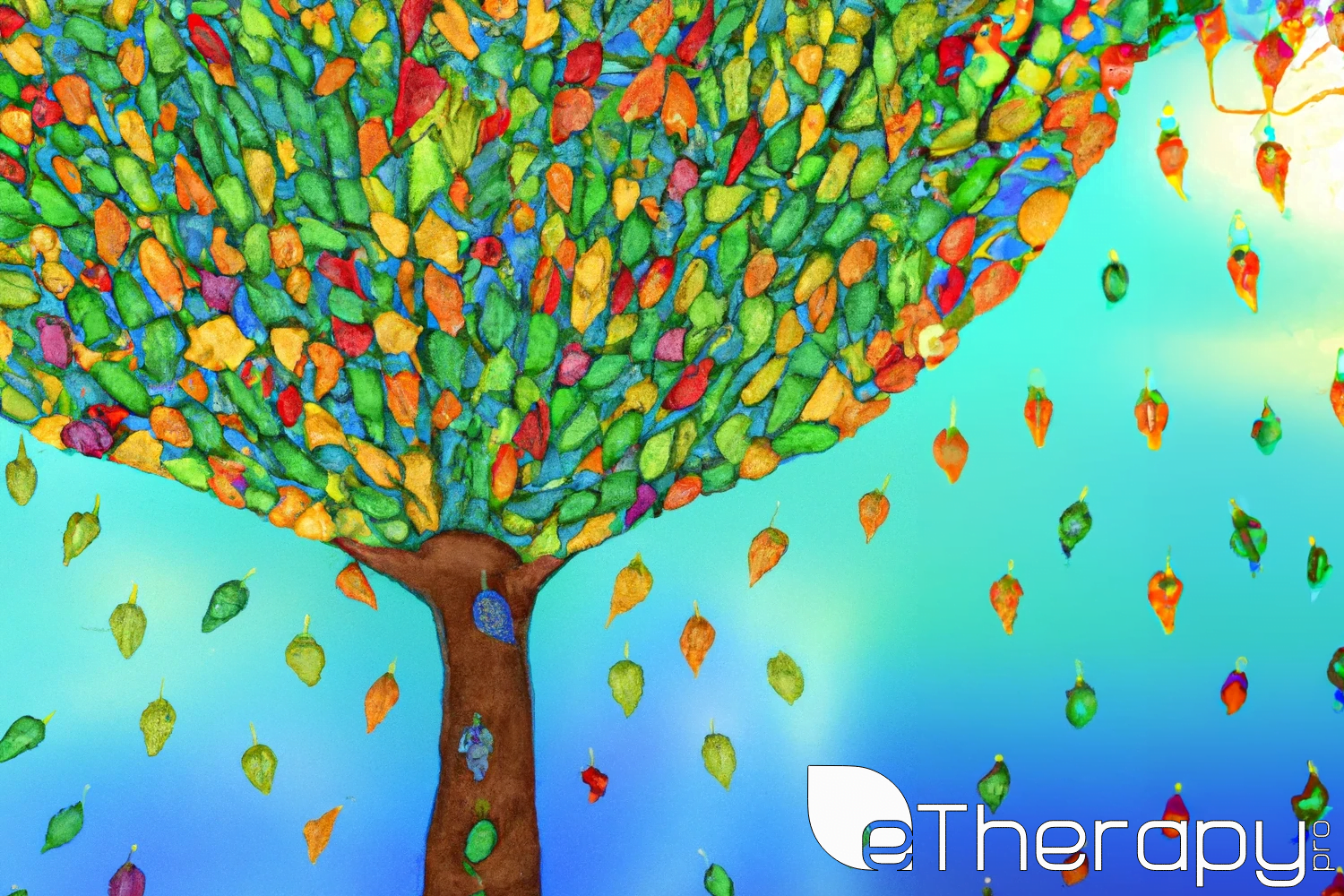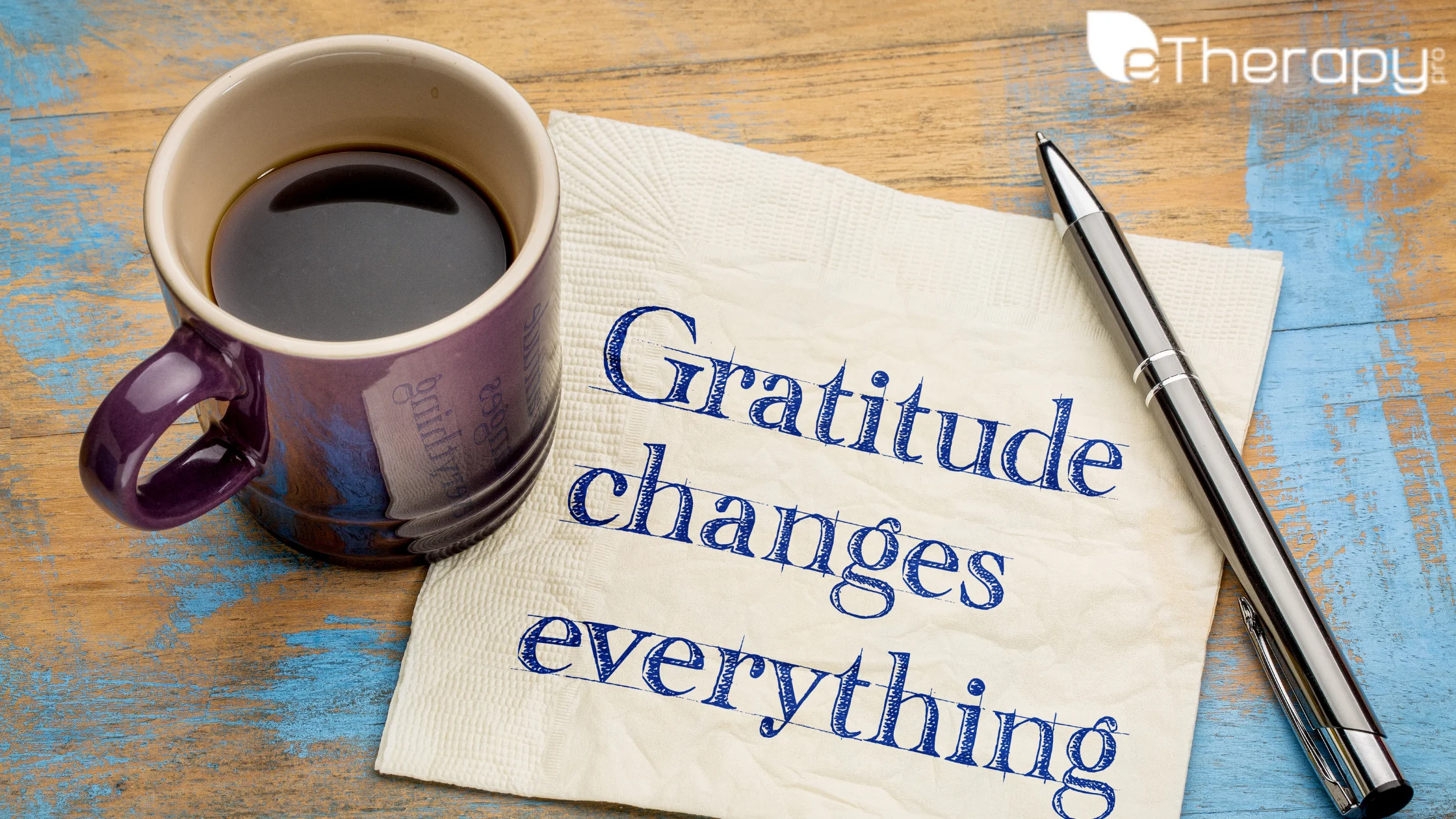
In a world often filled with stress, challenges, and negativity, finding moments of gratitude can be a powerful antidote for improving emotional well-being. Gratitude is more than just a fleeting feeling of appreciation; it is a mindset and a practice that can transform our perception of ourselves and the world around us. In this article, we will explore the healing power of gratitude and how cultivating appreciation can enhance our overall mental health. Specifically, we will delve into how practicing gratitude can help individuals overcome negative self-perceptions and navigate complex emotional challenges, including the impact of daddy issues.
The Science behind Gratitude
Scientific research has shed light on the positive effects of gratitude on our mental and emotional well-being. When we express gratitude, our brain releases neurotransmitters like dopamine and serotonin, which are associated with feelings of pleasure, happiness, and overall well-being. Moreover, gratitude has been found to rewire our brains, increasing the neural connections related to positive thinking and resilience. It is a transformative tool that can reshape our mindset and enhance our emotional resilience.
Benefits of Practicing Gratitude
Improved Emotional Well-being
Cultivating a regular gratitude practice has been linked to improved emotional well-being. By focusing on what we appreciate in our lives, we shift our attention away from negativity and create space for positive emotions to flourish. This helps in reducing stress, anxiety, and depression, and promotes a more balanced emotional state.
Enhanced Self-Perception
Gratitude has the power to reshape our self-perception and improve our self-esteem. When we practice gratitude, we become more aware of our strengths, accomplishments, and the positive qualities within ourselves. This shift in perspective helps us develop a healthier and more compassionate view of ourselves, counteracting negative self-perceptions that may arise from daddy issues or other emotional challenges.
Butterflies can’t see their wings. They can’t see how truly beautiful they are, but everyone else can. People are like that as well. ― Naya Rivera
Strengthened Relationships
Expressing gratitude towards others can have a profound impact on our relationships. Gratitude fosters a sense of connection, appreciation, and empathy. When we express gratitude to those around us, we strengthen our bonds, improve communication, and cultivate a positive and supportive environment. This can be particularly beneficial for individuals navigating the complexities of daddy issues, as it encourages healthier relationship dynamics.
Practical Strategies for Cultivating Gratitude
Gratitude Journaling
Keeping a gratitude journal is a powerful way to cultivate appreciation in our lives. Set aside a few minutes each day to write down three things you are grateful for. They can be simple things, such as a beautiful sunset, a kind gesture from a friend, or a moment of personal growth. By focusing on the positive aspects of our lives, we train our minds to seek out and appreciate the good, even amidst challenges.
Mindful Gratitude Practice
Incorporating gratitude into our mindfulness practice can deepen our sense of appreciation and present-moment awareness. Take a few moments each day to pause and reflect on what you are grateful for in that moment. It could be the warmth of the sun on your skin, the taste of a delicious meal, or the support of a loved one. Engage your senses and fully immerse yourself in the experience of gratitude.
Acts of Kindness
Practicing gratitude can extend beyond personal reflection. Engaging in acts of kindness towards others can create a ripple effect of gratitude and positivity. Whether it’s a small act of kindness or a larger gesture, the act of giving promotes a sense of gratitude and fulfillment. By brightening someone else’s day, we cultivate gratitude within ourselves.
How do we change the world? One random act of kindness at a time. – Morgan Freeman
Gratitude Rrituals
These are intentional practices that help us incorporate gratitude into our daily lives. They provide structure and meaning to our expressions of appreciation. Here are a few gratitude rituals you can try:
- Gratitude Prayer: Set aside a specific time each day to offer a prayer of gratitude. Express your thanks for the blessings in your life, the lessons learned, and the support received. This ritual can be done privately or as part of a spiritual or religious practice.
- Gratitude Circle: Gather with friends, family, or a support group to form a gratitude circle. Take turns sharing what you are grateful for, allowing each person to express their appreciation. This ritual not only deepens your own gratitude but also fosters a sense of connection and community.
- Gratitude Altar: Create a dedicated space in your home where you can display objects that symbolize gratitude. It can be a simple arrangement of items that hold personal meaning, such as photographs, quotes, or natural elements. Take a moment each day to pause at your gratitude altar and reflect on the blessings in your life.
Remember, these gratitude practices can be tailored to suit your personal preferences and beliefs. The key is to make them a consistent part of your routine, allowing gratitude to become a natural and transformative aspect of your life.
Harnessing the Healing Power of Gratitude
Cultivating gratitude can have a transformative impact on our overall well-being, irrespective of the specific challenges we may face. By embracing a grateful mindset, individuals can experience a profound shift in their perspectives and approach to life. Here are a few ways in which gratitude can be particularly beneficial:
Shifting the Focus: Practicing gratitude helps us redirect our attention from what may be lacking in our lives to what is already present and positive. It allows us to recognize and appreciate the love, support, and joyful experiences we have had, which can serve as powerful counterbalances to any difficulties we may encounter.
Enhancing Resilience: Gratitude strengthens our emotional resilience, empowering us to navigate challenging emotions and experiences. By focusing on what we are grateful for, we cultivate a sense of hope and optimism that fuels our ability to face and overcome obstacles, fostering personal growth and empowerment.
Fostering Forgiveness: Gratitude opens the door to forgiveness by inviting us to acknowledge the positive aspects of our relationships, even if they were challenging or imperfect. It encourages us to recognize that others, including our fathers, may have had their own struggles and limitations. This recognition fosters empathy, compassion, and the potential for healing and reconciliation.
By integrating gratitude into our daily lives, we can experience a profound shift in our emotional well-being and overall outlook. Gratitude allows us to cultivate a mindset of abundance, embracing the beauty and blessings that surround us. Through the practice of gratitude, we can embark on a transformative journey of self-discovery, healing, and personal growth.
Conclusion:
Incorporating gratitude into our lives can have a profound impact on our emotional well-being and personal growth. By cultivating appreciation for the positive aspects of our lives, we can counteract negative self-perceptions and navigate complex emotional challenges, including daddy issues. Practicing gratitude through journaling, mindfulness, acts of kindness, and rituals can enhance our overall mental health and contribute to our healing journey.
As we embrace the healing power of gratitude, we empower ourselves to transform our perceptions, build resilience, and cultivate a greater sense of self-worth and acceptance. By acknowledging the abundance and blessings in our lives, we create space for healing and growth. Let gratitude be our guiding light as we navigate the complexities of our emotional landscapes and embark on a journey towards emotional well-being and inner peace.
Remember, eTherapyPro is here to support you on your path towards healing and personal growth. Our team of mental health professionals can provide guidance, strategies, and a safe space for exploring and addressing daddy issues and other emotional challenges. Reach out to us and take that courageous step towards a life filled with gratitude and emotional well-being.
